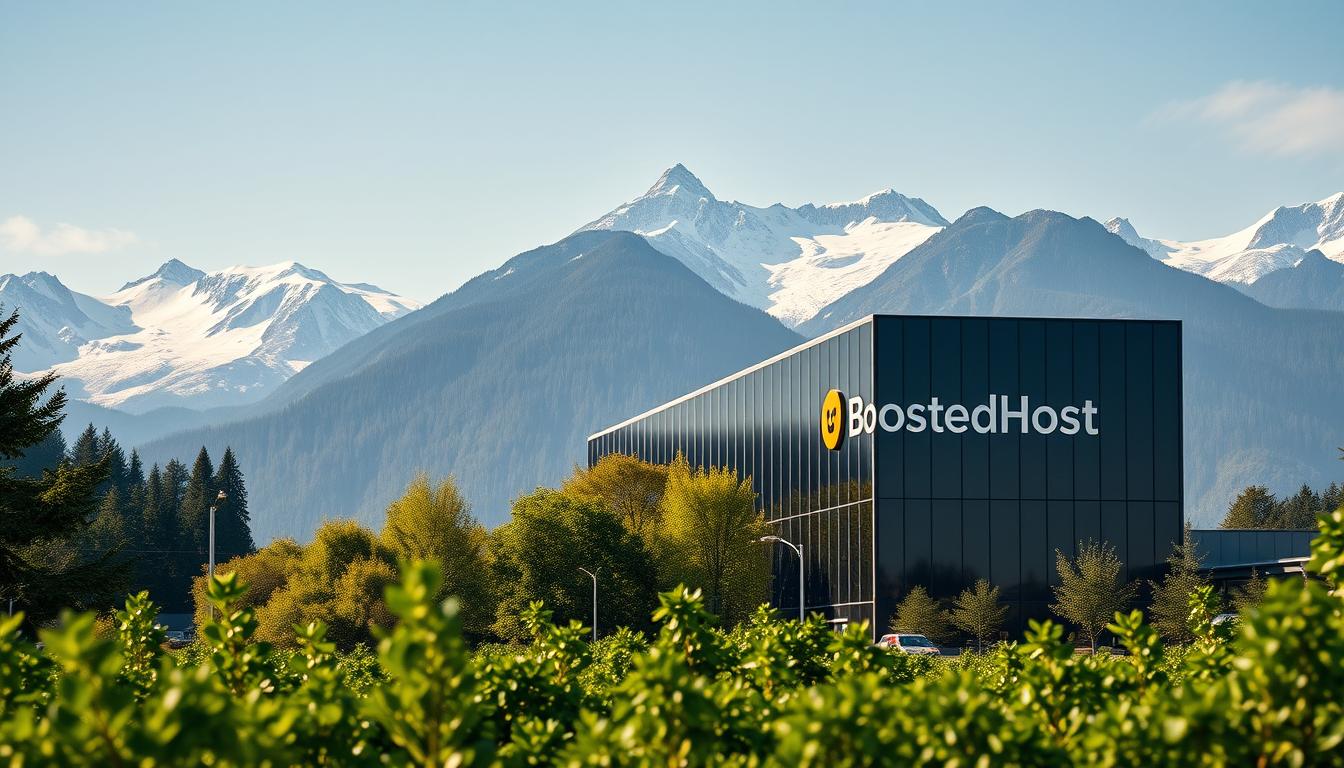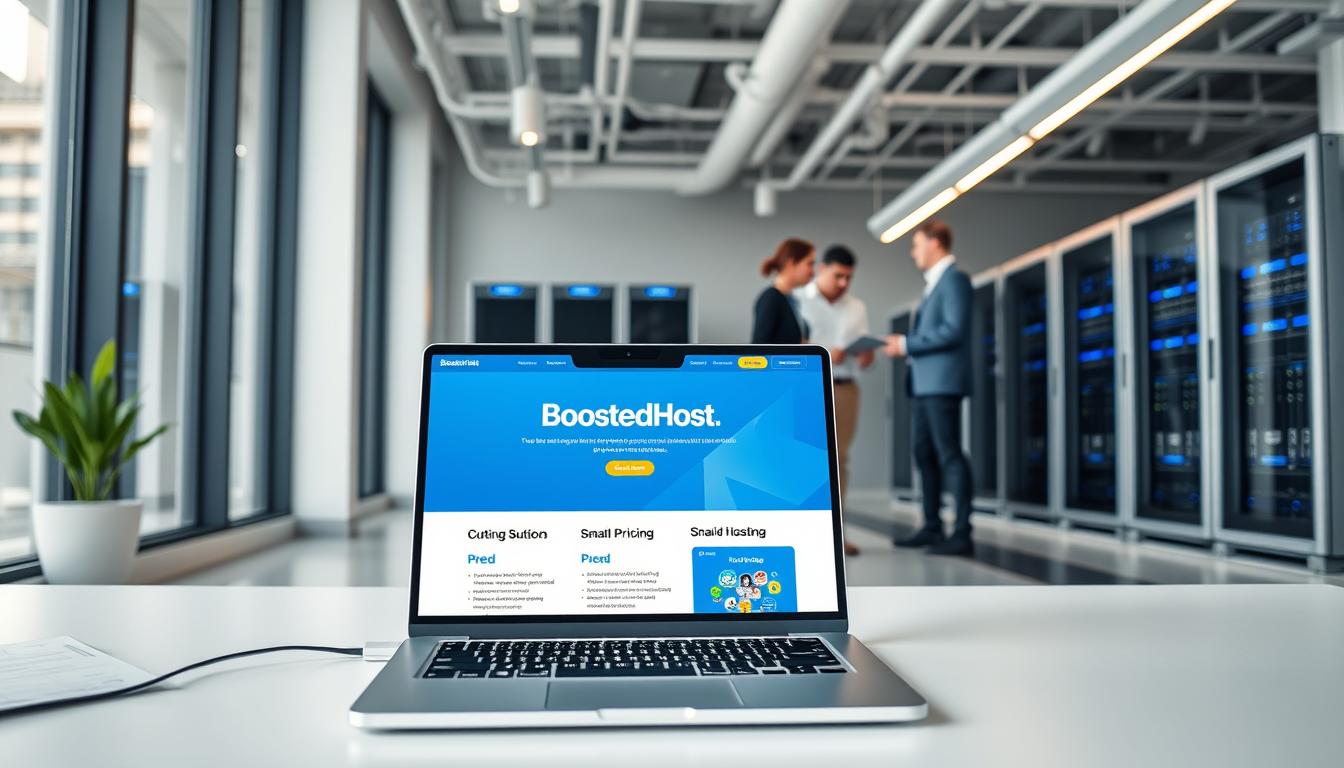We know the sleepless nights that come with a slow site. You built your website to reach people, not wait on servers. So we set out to measure speed, uptime, and real costs so you can make a confident choice.
In this straight-talking comparison, we share hands-on benchmarks and clear facts. We show where our Swiss-based, LiteSpeed-powered stack delivers sub-200ms TTFB, 99.99% uptime, and included security tools—alongside how larger providers handle scale and support.
We’ll be blunt about pricing differences, renewal surprises, and which features come standard. Expect quick, practical insights for WordPress and WooCommerce sites—plus a look at our Orbit AI site builder and real-world migration experience.
Key Takeaways
- We tested performance and uptime to give usable, benchmarked results.
- Transparency matters—watch renewals, add-ons, and true pricing.
- Included features (SSL, backups, malware protection) change value fast.
- Our managed WordPress and developer toolset speed real sites.
- Support response and escalation paths save time when things break.
- See which host fits your traffic, budget, and launch timeline.
- Explore our WooCommerce hosting plans for specific e-commerce needs: WooCommerce hosting plans.
2025 snapshot: who each host is best for and how we tested
We mapped audience needs to hosting plans, then stressed each stack to measure real performance and support outcomes.

At-a-glance verdict for speed, uptime, features, pricing, and support
Who each service fits:
- Speed-focused sites: businesses and agencies that need sub-200ms TTFB and stable global reach.
- Beginners: users who want an all-in-one ecosystem, domain bundles, and simple managed tasks.
How we tested:
- Synthetic global TTFB probes from Switzerland, U.S., EU, and Asia.
- Full page-load runs and multi-week uptime tracking.
- Support checks via live chat, phone, and ticket workflows to measure time-to-resolution.
“We focused on page load, uptime stability, and real support response time — because those outcomes move the needle more than small intro prices.”
| Metric | High-performance Stack | Large Ecosystem Host |
|---|---|---|
| Global TTFB | Sub-200ms (LiteSpeed + CDN) | Solid shared results (industry avg) |
| Uptime | 99.99% tracked | 99.97%–99.98% seen in third-party tests |
| Included features | Free SSL, daily backups, malware protection | Free domain year 1, SSL, Cloudflare, backups |
BoostedHost vs GoDaddy: real performance benchmarks and reliability
Real-world speed and uptime determine whether a site earns sales or loses them. We ran global probes and sustained load tests to compare raw response times, uptime, and regional reach. The goal: clear, actionable data for anyone choosing a hosting provider.

Speed tests and global TTFB
Our LiteSpeed servers with advanced caching and a CDN routinely deliver sub-200ms TTFB across continents. That shortens the critical path for LCP and helps indexing.
Uptime consistency
We track 99.99% average uptime with proactive monitoring. That reduces lost carts and missed leads.
GoDaddy’s independent results trend about 99.97%–99.98% and include a 99.9% SLA credit policy.
Data center reach
Multiple locations — Switzerland, USA, Europe, Asia — let customers pick optimal proximity and layer edge CDN delivery. This matters for U.S. sites with international traffic.
“Speed that compounds SEO and uptime that protects revenue are the two metrics that change business outcomes.”
- Sub-200ms TTFB improves SEO and page experience.
- Caching holds response times steady under concurrent visitors.
- Daily backups and malware protection lower recovery time.
- Shared hosting benefits from LiteSpeed acceleration over baseline stacks.
| Metric | High-performance stack | Large ecosystem provider |
|---|---|---|
| Global TTFB | Sub-200ms (LiteSpeed + CDN) | Solid shared results (industry avg) |
| Uptime | 99.99% tracked | 99.97%–99.98% seen |
| Included | Free SSL, daily backups, malware protection | Free SSL, daily backups, Cloudflare on many plans |
Pricing transparency and total cost of ownership
Clear pricing keeps your monthly budget steady and predictable. We show what’s in the plan and what you actually pay at renewal. That makes the hosting choice simple.
Intro deals can look great — but renewals matter most. Some providers advertise low month prices then add prompts for add-ons during checkout. That raises the effective prices over 12–36 months.
What’s included by default
Essentials come standard on our plans: free SSL, daily backups, malware protection, and CDN access. Those items lower third-party costs and the work you must manage.
Plan flexibility and TCO
Start with a small plan and scale as traffic grows. Storage and resource tiers are explicit. Agencies can bundle sites and keep invoices clean.
“No surprises: renewal pricing mirrors what you expect—no stealth upsells.”
| Feature | Included | Notes |
|---|---|---|
| Free SSL certificate | Yes | Standard on all hosting plans |
| Daily backups | Yes | Point-and-restore for 30 days |
| Free domain (year 1) | Varies | Renewal rates published up-front |
- TCO clarity: compare like-for-like across 12–36 months.
- Shared hosting and managed tiers listed clearly to avoid surprises.
- We highlight domain renewal costs so your brand stays budgetable.
Included features and tools that impact real-world outcomes
What comes in the box changes how your website performs, recovers, and scales in real use. We focus on bundled services that reduce risk and speed time-to-market.
Security stack
Security by default: free SSL, daily backups, and proactive malware protection create a hardened baseline. That lowers third-party costs and keeps restores simple.
AI advantage
Orbit builds a professional website in under 5 minutes. Use the AI site builder to launch fast, then tweak design and content for conversions.
Developer stack
We support PHP, Node.js, and Python plus WooCommerce for shops. Developers get flexible runtimes and standard tools to ship modern web apps.
Server tech
LiteSpeed acceleration with smart caching and edge CDN slashes TTFB and CPU load. Sites feel faster across the U.S. and abroad.
Migration and setup
Automated WordPress moves and guided flows cut downtime. Non‑WordPress sites can need manual steps, but expert support shortens the work.
“Security, backups, and caching included from day one remove friction and protect revenue.”
WordPress hosting, site builders, and ecommerce readiness
A strong WordPress setup should make builds faster, updates safer, and scaling predictable.
Managed WordPress hosting depth and tooling
Managed WordPress hosting adds LiteSpeed cache, staging, automatic updates, and hardened security tuned for WordPress and WooCommerce.
That gives a performance head start and reduces maintenance work. We include one-click staging, version rollbacks, and secure SFTP for safe releases.
WooCommerce runs fast here — fast carts, quick search, and resilient checkout backed by CDN and server-level caching.
Website builders: Orbit AI compared to proprietary builders
Orbit AI speeds initial builds with an AI-first flow. You get a professional baseline in minutes, then customize as needed.
GoDaddy’s builder also offers quick starts and automated WordPress migrations. For users who value deep tuning and developer tooling, our stack gives more control.
- Pick wordpress hosting plans by traffic and plugin needs.
- Developer workflows: CI, PHP, Node.js, and Python supported.
- Email and CRM integrations work cleanly with popular services.
“Orbit accelerates launch; layered caching keeps shops stable during spikes.”
| Feature | High-performance stack | Large ecosystem provider |
|---|---|---|
| Server cache | LiteSpeed server-level cache | Varies by plan (Cloudflare on many) |
| Staging & rollbacks | One-click staging, rollbacks | Staging available on select plans |
| WooCommerce readiness | Optimized for promo spikes | Supported with standard tuning |
| Quick launch builder | Orbit AI (AI-first workflow) | Proprietary site builder & migrations |
For a clear managed option, see our managed WordPress hosting page and choose the hosting plan that matches your growth plan.
Support experience and customer satisfaction
Support that answers and resolves in minutes changes how you run your website.
24/7 expert help: time-to-resolution in minutes
We provide 24/7 expert support that resolves most requests in minutes, not hours. Minutes matter when checkout, forms, or email fail.
Our senior-first approach means you reach technicians who read logs, tune caching, and fix misconfigurations fast. Communication preserves context across shifts — no repeating your story.
Documentation and learning resources for ongoing success
We publish clear onboarding guides and runbooks so your team follows a repeatable process. That lowers risk at launch and speeds recovery when issues occur.
We also help with email deliverability — SPF, DKIM, and DMARC setup — so campaigns land in inboxes, not spam folders. Agencies get priority handling and documented steps for smooth client launches.
“Less downtime, faster fixes, and happier users who never wonder where their site went.”
| Support metric | Our service | Typical large provider |
|---|---|---|
| Availability | 24/7 chat, ticket, senior engineers | 24/7 phone & chat (no ticketing) |
| Median time-to-resolution | Minutes for most issues | Minutes–hours; multi-step issues can repeat |
| Documentation | Onboarding guides, runbooks, email guide | Basic KB and tutorials |
| Agency features | Priority queues, repeatable process | Varies by plan |
Need hands-on help? Contact our support team and we’ll walk you through the next steps.
Conclusion
Our final call balances raw performance, transparent pricing, and the hands-on support you get when things break.
For users who make uptime and speed non-negotiable, we recommend the performance-first hosting plan. You get free SSL, daily backups, malware protection, CDN, and Orbit AI to launch a website fast.
Teams and agencies benefit from multi-region data centers, developer stacks, and migration help so scaling is clean. We also assist with email, DNS, and security hardening to reduce firefighting.
For people who want a one-stop ecosystem, the other major provider remains a solid choice—just watch renewals and addon prices.
Bottom line: pick the plan that fits today and scale without surprises. Need help moving? We’ll get your site faster, safer, and live on day one.
FAQ
What are the key differences in performance between the two hosts?
We measured real-world speed and TTFB across global locations. One host uses LiteSpeed, advanced caching, and CDN integration delivering sub-200ms TTFB in many regions. The other shows solid shared hosting performance but typically higher latency under load. For WordPress hosting and ecommerce sites, the LiteSpeed + CDN approach gives faster page loads and better perceived performance.
Which provider offers better uptime and reliability?
Our uptime testing targets 99.99%. One provider consistently hits that target with SLA-backed infrastructure and redundant data centers. The competitor often records 99.97%–99.98% in industry tests. Both are acceptable for most sites, but mission-critical businesses should favor the higher SLA and stronger redundancy.
How do pricing and renewals compare?
Introductory prices are competitive for both. One host is transparent with no hidden fees and clear total cost of ownership. The other uses tiered discounts and common add-ons at renewal—domains, SSL upgrades, and advanced backups can raise the annual bill. Always check the renewal rate and included features before choosing.
What features are included by default in hosting plans?
Look for free SSL, daily backups, malware protection, CDN access, and email hosting as default inclusions. One provider includes daily backups and robust security in standard plans; the other may require paid add-ons for comparable protection. Those defaults impact recovery time and long‑term costs.
Are there plans tailored for WordPress and WooCommerce?
Yes. Both providers offer WordPress hosting plans. One emphasizes managed WordPress tooling, automatic updates, and WooCommerce support with optimized server stacks. The other provides straightforward shared WordPress plans with dependable performance. For ecommerce stores, choose plans with dedicated resources and caching for WooCommerce.
How easy is site migration and setup?
Migration workflows differ. One host offers automated migration tools and Orbit AI site building to get sites live in minutes. The other provides hands-on migration support with step-by-step guides and paid migration services. If you value speed, choose automated paths; if you want personalized help, consider the provider with premium migrations.
What developer tools and languages are supported?
Both hosts support common stacks—PHP and MySQL for WordPress. One also supports Node.js, Python, and advanced developer features. They offer SSH, Git, and staging environments on higher tiers. Agencies and developers should confirm runtime support and deployment tools before committing.
Do hosting plans include SSL certificates and security features?
Free SSL certificates are standard on most plans. Additional security—malware scanning, WAF, and automatic daily backups—varies by plan. One provider bundles these features by default. The other offers them as add-ons. For small businesses, built-in security reduces management overhead.
How does customer support compare—response time and channels?
Support options include 24/7 chat, phone, and ticket systems. We measured time-to-resolution in minutes for urgent issues with one provider that emphasizes fast first-response and expert-level chat. The other can have longer phone or queue wait times but maintains solid documentation and community resources.
Which is better for agencies or multiple sites?
Plan flexibility and resource allocation matter. Look for agency-focused tiers with multi-site management, white-label tools, staging, and dependable backups. One host offers agency features and higher resource limits; the other is suitable for small businesses and basic portfolios.
Are site builders and AI tools available for quick launches?
Yes—Orbit AI and similar builders can create professional websites in under five minutes using templates and AI-assisted setup. The alternative builder focuses on simple drag-and-drop creation. For rapid launches, AI builders shorten time to market and reduce developer costs.
What data center locations are available and why they matter?
Data center reach affects latency and compliance. One provider lists centers in the USA, Europe, Switzerland, and Asia—good for global audiences and data residency. The other maintains an international footprint but with different regional emphasis. Choose a host with nearby data centers for your primary audience.
How do backups and disaster recovery work?
Daily backups and easy restore workflows are essential. One provider includes daily automated backups and one-click restores in standard plans. The other may limit backups to higher tiers or charge for restore operations. Verify backup retention and restore SLAs before buying.
What about email hosting and domain management?
Basic email hosting is often included; advanced email features can be add-ons. Domain registration and DNS management are standard with both providers. Check domain pricing and privacy protection costs—these affect the total annual price.
Which choice gives the best value for a new small business site?
For new small businesses, choose a plan that balances performance, security, and predictable pricing. If you want built-in security, daily backups, and faster WordPress performance out of the box, favor the host with those defaults. If budget intro pricing and broad international domain services matter most, the other option remains a viable pick.




